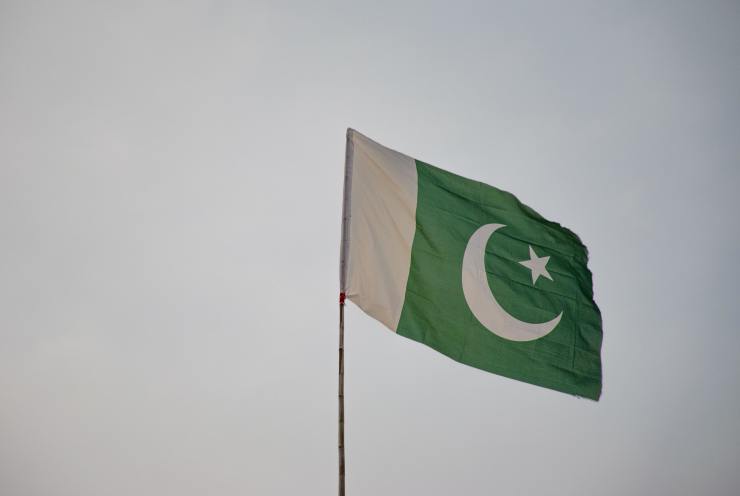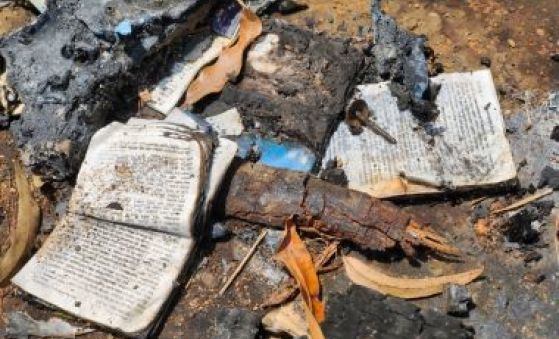
The Presbyterian Church of Pakistan (PCP) has come back together after being split into three groups since 2018. The split was mainly over how long the church leader (moderator) could serve.
"Our calling is to proclaim Christ's love and serve our communities. Divisions hinder that mission while our unity is a testimony to His grace," said Reverend Dr. Majeed Abel, the executive secretary of his PCP group to Christian Daily International. He quoted Psalm 133:1, "How good and pleasant it is when God's people live together in unity!"
In 2018, the groups disagreed about letting the moderator serve 5 years instead of the normal 3 years. This caused a lot of argument and legal battles between the 3 groups headed by - Reverend Dr. Abel, Reverend Javel Gill, and Reverend Reuben Qamar. Each group claimed to be the real PCP.
However, after years of introspection, prayer, and backchannel dialogues, the warring factions realized the futility of their divisions and the urgency of reuniting for the greater good of the church and its mission.
On March 25, 2024, the three groups jointly announced their decision to reunite, recogniing that their shared commitment to Christ transcended their differences. They consented to stop their court cases against each other.
A 9-member reconciliation committee with leaders from each side will work out the details. This committee, comprising three representatives from each faction, will spearhead efforts to resolve lingering disputes and forge a path toward a fully unified PCP.
Rev. Qamar, who had once led a breakaway faction, expressed optimism about the reunification's potential impact. "A unified church can better address societal issues, from poverty to education. The PCP's collective voice will resonate louder," he affirmed.
The reconciliation process envisions reaching out to presbyteries across Pakistan to heal local divisions that had emerged in the wake of the 2018 split. Once this groundwork is laid, the three factions will dissolve their separate administrative structures and convene a General Assembly in November, as per the PCP's constitution, to elect a new, unified leadership.
Church leaders and theologians have welcomed this reunion, seeing it as a pivotal moment for the PCP to reclaim its tarnished image and refocus its energies on its core evangelical, humanitarian, and social justice missions. With resources no longer drained by legal battles, the unified church can channel its efforts more effectively toward spreading the gospel, serving marginalised communities, and promoting equitable development.




